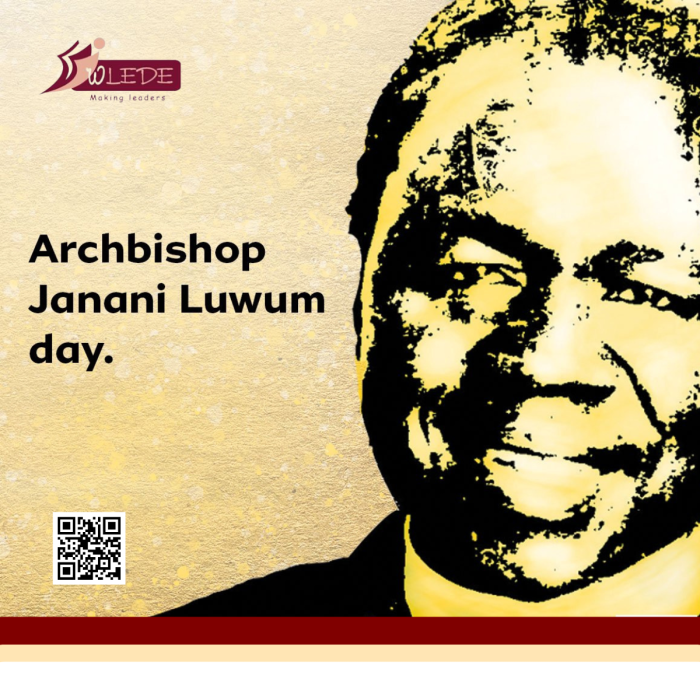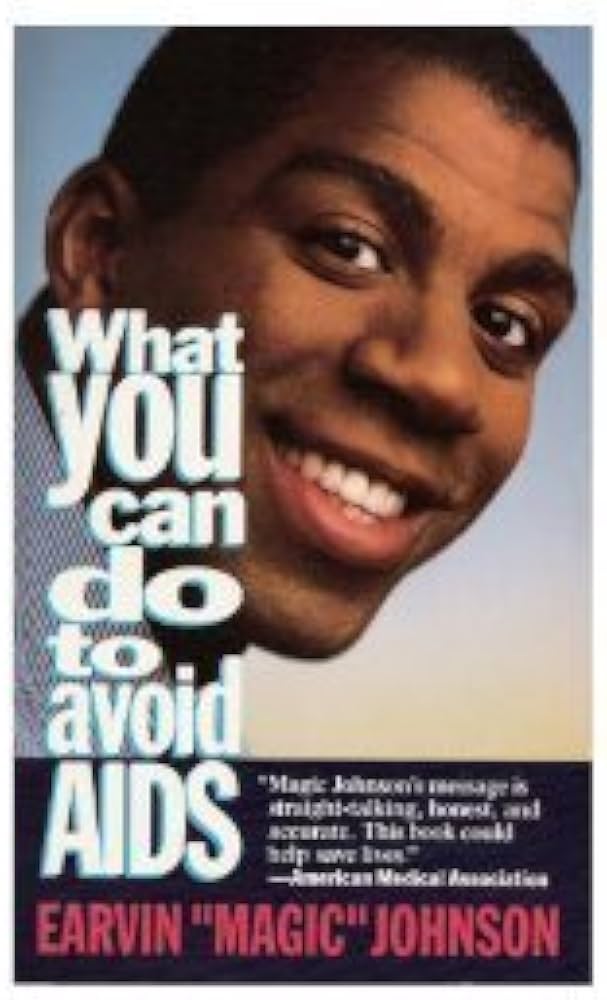
As the Primary Leaving Examinations (PLE) approach, Uganda faces a critical moment in shaping its future through education. While every candidate is preparing for this academic milestone, there is growing concern about the challenges girls and learners with disabilities face. The need for inclusive and equitable education has never been more urgent, as the future of these learners hangs in the balance.
Girls’ Education: A Steady Climb with Barriers
Over the past few years, Uganda has made strides in enrolling girls in primary schools. However, the dropout rate, teenage pregnancies, and inadequate resources continue to hinder their full participation. As the PLE nears, many girls find themselves at a disadvantage due to factors such as limited access to study materials, cultural pressures, and poor sanitary facilities.
The upcoming exams will see thousands of girls competing to showcase their potential, but the inequality in their preparation process is glaring. To ensure that girls succeed and transition to higher education, policymakers, parents, and the community must address these systemic barriers.
Learners with Disabilities: Struggling for a Fair Chance
Recent reports have shown that learners with disabilities continue to underperform in PLE due to a lack of tailored resources and support systems. Despite the Sustainable Development Goal (SDG) 4, which advocates for quality education for all, Uganda’s special needs learners still face an uphill battle. The statistics are alarming: according to the World Bank, special needs learners in Uganda face barriers like inadequate teacher training, inaccessible school environments, and a lack of appropriate learning materials.
The government has been urged to take concrete steps in addressing these issues, but as the PLE looms, there is growing concern that these students will once again be left behind.
What Needs to Change
The upcoming PLE should serve as a wake-up call for stakeholders in Uganda’s education system. Without inclusive policies that prioritize girls and learners with disabilities, the country risks losing a significant portion of its future workforce. Special needs learners, in particular, require urgent interventions, including:
- Increased funding for special needs education
- Comprehensive teacher training in handling learners with disabilities
- Creating accessible school infrastructures
- Prioritizing gender-sensitive education policies
Conclusion
As Uganda prepares for the upcoming PLE, the state of girls and special needs learners demands immediate attention. It is only by leveling the playing field that Uganda can ensure equal opportunities for all students, regardless of gender or ability. By investing in inclusive education, the country can build a stronger, more equitable future.
By incorporating policies and practices that support these vulnerable groups, Uganda can turn the tide and make the PLE a symbol of hope for all.

![Women Leadership Development [WLEDE]](https://wlede.org/wp-content/themes/kipya/images/logo-WLEDE.png
)





